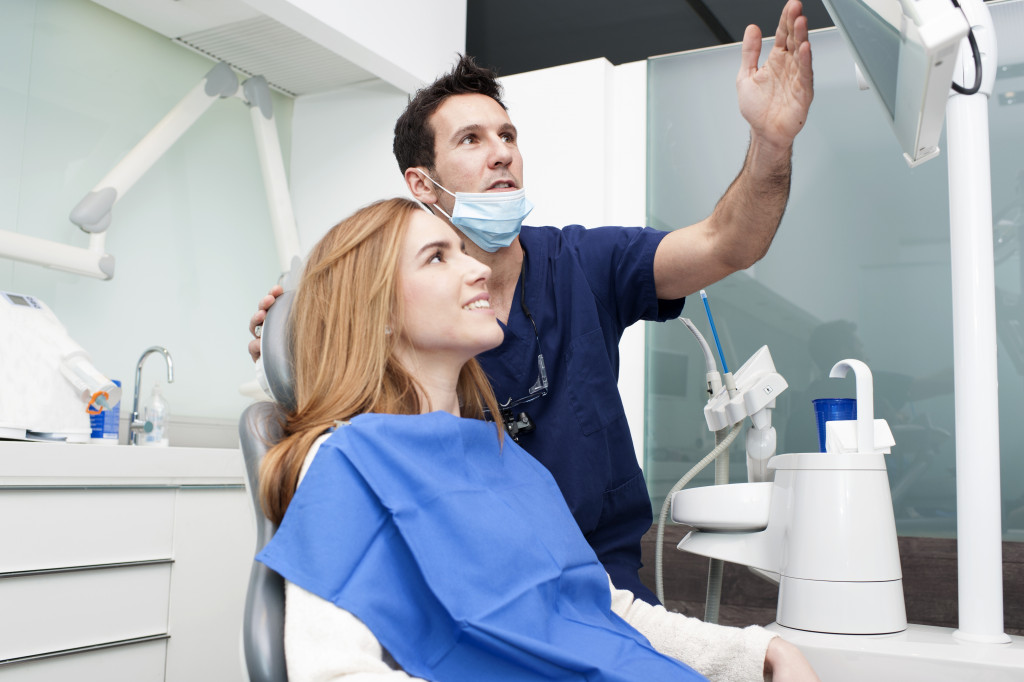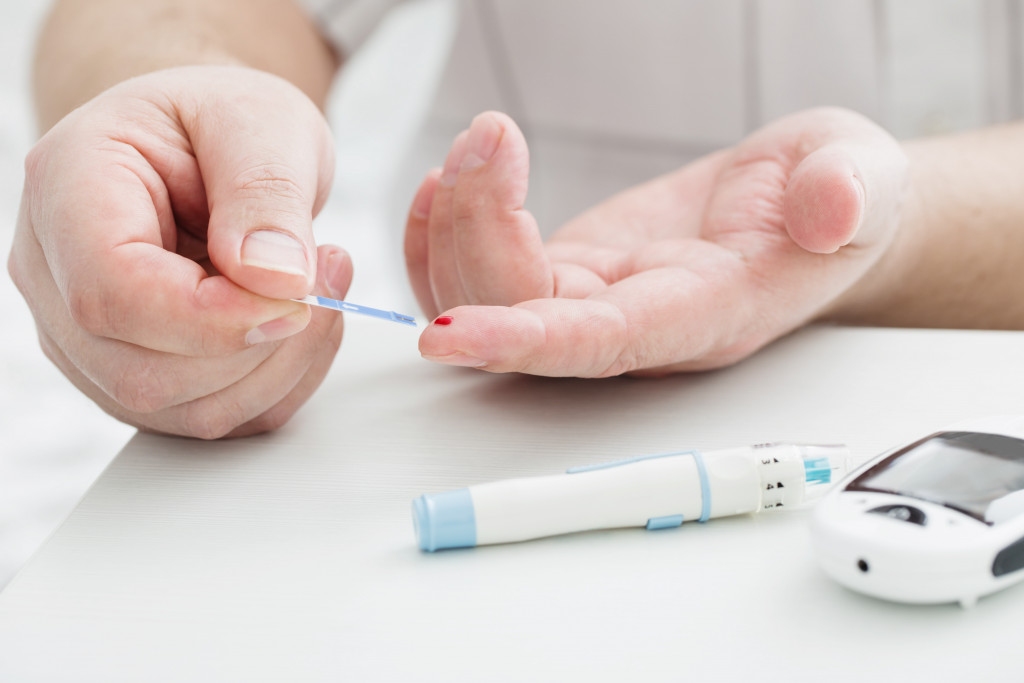If you’re scheduled for dental surgery, there are some essential preparations you have to make to ensure a smooth and successful procedure. One of the benefits of preparing for dental surgery is that it can help ensure a smooth and successful procedure.
Another benefit of preparing for dental surgery is that it can help reduce anxiety. Dental anxiety can be a significant source of stress for many people visiting a dental clinic. It can be challenging to relax and enjoy your dental appointment when you’re worried about what will happen. Preparing for your surgery can help reduce some of that anxiety. You’ll feel more confident and relaxed when you know what to expect.
Finally, preparing for your surgery can help ensure that you get the most out of your appointment. Follow these simple tips to prepare for your subsequent dental surgery.

Make sure you’re fully informed about the surgery
The first step is to make sure you have a clear understanding of what will happen during the surgery and what kind of anesthesia will be used. It’s also good to research the potential risks and complications associated with the surgery. This will help you know what to expect and help reduce any anxiety.
It’s also important to arrive at your appointment on time. If you’re late, it may delay the surgery. So make sure to allow plenty of time to get to the clinic. If you can’t make it to your appointment, be sure to call and reschedule.
There might be some other sensitive information you’re curious about. If this is the case, make sure to ask your dental professional about it. They will be happy to answer any of your questions and help put your mind at ease.
Getting your teeth cleaned and prepped
The most important thing before dental surgery is to make sure your teeth are clean and free of plaque and bacteria.
One of the best ways to keep your teeth clean is by brushing them regularly with fluoride toothpaste. But don’t overbrush. If you brush your teeth too often, you can damage the enamel. Enamel is the protective layer of your teeth. When it’s damaged, it can’t protect your teeth from cavities and plaque. So try to brush your teeth no more than twice a day. You should also floss at least once a day. If you find it difficult to brush and floss your teeth every day, try using an oral irrigator. It can help remove plaque and bacteria from between your teeth.
Another way to keep your teeth clean is by avoiding sugary foods and drinks. Sugar can cause cavities and plaque build-up.
Following these simple tips can help keep your teeth clean and free of plaque and bacteria. This can help reduce the risk of infection and other complications during and after your surgery.
Taking any prescribed medications or following any dietary restrictions
It’s important to avoid eating or drinking anything for at least eight hours before the surgery. This will help reduce the risk of vomiting or inhaling food particles during the procedure. This includes water, so make sure you drink plenty of fluids in the days leading up to the surgery. Whatever you eat will also affect depending on the kind of anesthesia you’ll take.
If you’re having surgery with general anesthesia, it’s crucial that you avoid eating or drinking anything for at least 8 hours before the surgery. But If you have a local anesthetic, you may be able to eat and drink normally.
Finally, be sure to inform your specialist know about any medications you’re taking, including over-the-counter drugs and supplements. You’ll have to stop taking any blood-thinning medications several days beforehand. This can help plan the surgery accordingly.
Preparing your home for when you return from surgery
When you come home from your surgery, you’ll need some basic supplies to help make your recovery more comfortable. Here are a few things to have on hand:
- A pillow to elevate your head
- Plenty of cold drinks and soft foods
- Painkillers if prescribed
- Ice packs
If you’re having trouble sleeping, try using a noise machine to drown out any outside noises. And if you’re feeling particularly feverish or uncomfortable, contact the clinic immediately. By following these simple tips, you can make your recovery at home as smooth as possible.
Just like with any other surgery, there are some essential preparations you have to make before undergoing dental surgery. By being well-informed and taking the necessary steps, you can ensure a smoother experience with fewer complications. So be sure to talk to your dentist about any questions or concerns you may have.
That’s it! These are the most important things to keep in mind when preparing for dental surgery. By following these tips, you’ll ensure that the surgery goes as smoothly as possible. Good luck!



